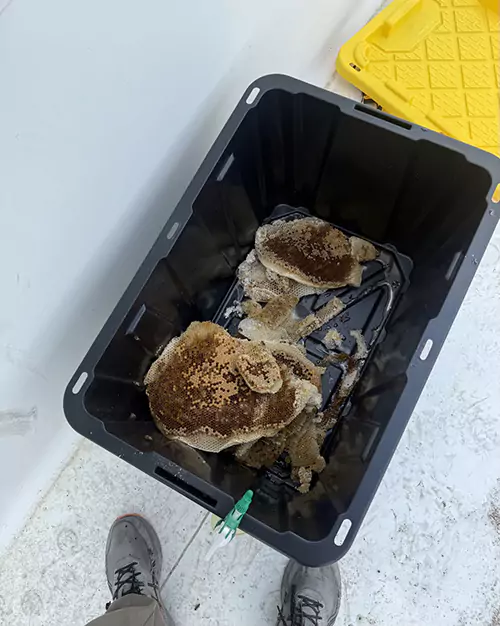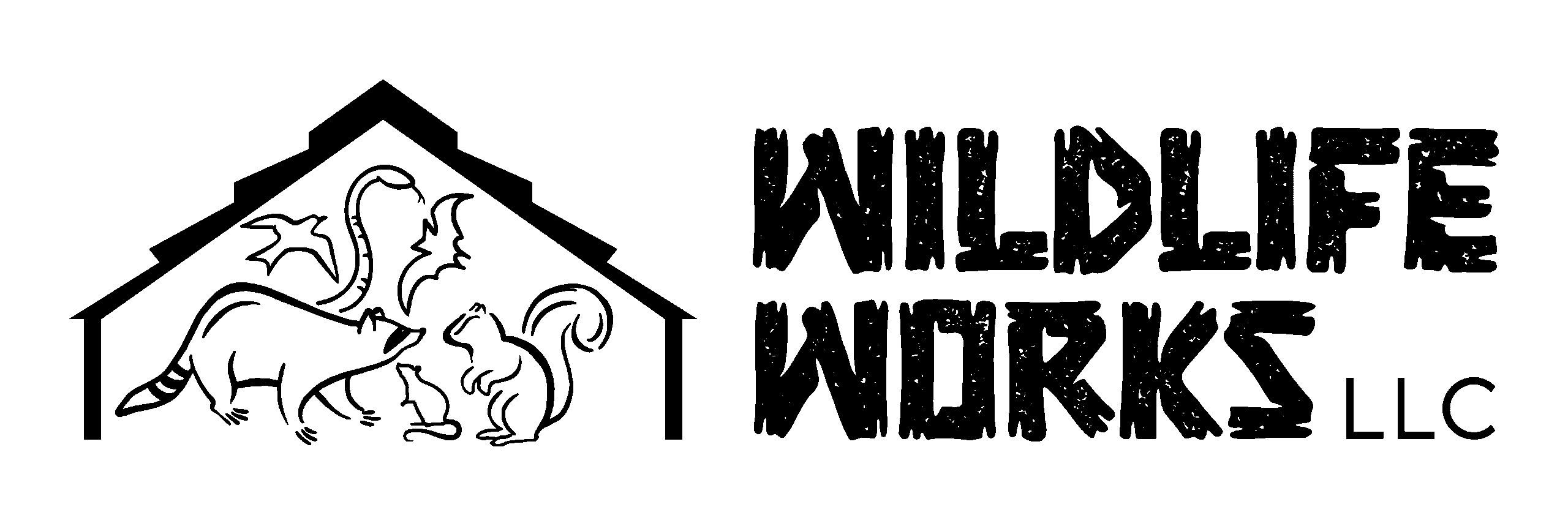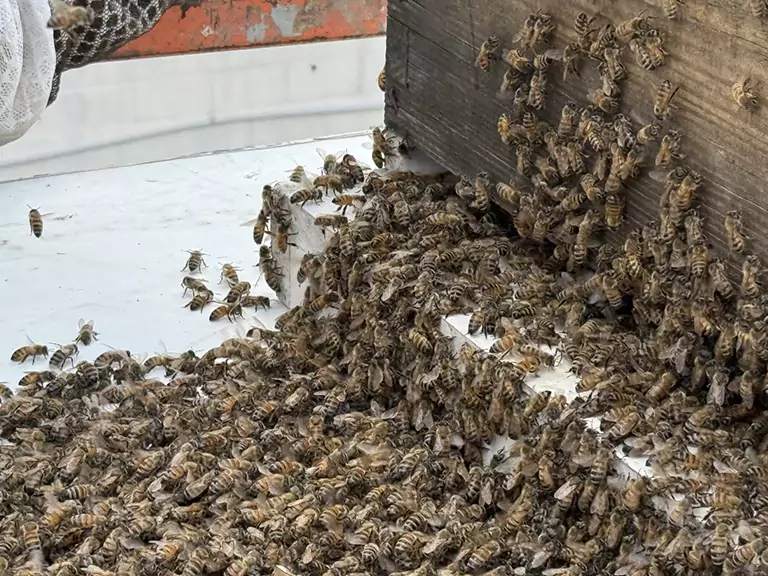In recent years, Africanized honey bees in Florida have become an increasing concern for homeowners, property managers, and businesses. These bees may look like your average honey bees, but their defensive behavior and rapid spread make them a very different—and dangerous—species to deal with.
If you’ve never heard of Africanized honey bees, or you’re wondering what to do if they take up residence near your property, this guide is for you.
Looking for a more general comparison? Start with our first article: Africanized Bees vs Honey Bees: What Florida Property Owners Need to Know
What Are Africanized Honey Bees?
Africanized honey bees are a hybrid species formed when the African honey bee was introduced to South America in the 1950s to improve honey production. These African bees escaped into the wild and began breeding with local European honey bees.
Over time, their offspring—commonly called Africanized bees or “killer bees”—spread northward through Central America, reaching the U.S. in the early 1990s.
Unlike European honey bees, which are typically more tolerant of human presence, Africanized honeybees react swiftly and aggressively to perceived threats. And they’re not picky about nesting sites—they can set up a hive just about anywhere.
Where Africanized Honey Bees Like to Nest
Potential Nesting Sites in Urban and Residential Areas:
Utility boxes and water meters
Attics, wall cavities, sheds, and carports
Roof eaves, soffits, and air conditioning units
Hollow trees, fences, and landscaping features
Africanized bees don’t require large or secluded spaces—they’re happy to occupy small crevices near high-traffic areas. This increases the chance of contact with people and pets, especially in parks, apartment complexes, and commercial buildings.
Africanized Honey Bees vs European Honey Bees: Key Differences
Although Africanized honey bees look nearly identical to their European honey bee relatives, their bee behavior tells a different story:
In short, Africanized honey bees are more likely to see you as a threat—even when you’re just mowing the lawn or walking past their hive.

Are Africanized Honey Bees Dangerous?
Yes. While a single sting may not seem like a big deal, Africanized bees tend to sting in large numbers—and they chase threats for longer distances than typical bees. This makes them especially hazardous for:
Children playing outdoors
Pets in yards or parks
Utility workers and landscapers
Elderly individuals and those allergic to bee venom
Multiple stings can lead to serious medical emergencies. Some fatalities in the U.S. have occurred after unsuspecting individuals disturbed a hive hidden in a shed, wall, or meter box.
Is It Legal to Kill Bee Hives in Florida?
Not always. In Florida:
Honey bees are often protected and must be relocated, not exterminated.
Misidentifying Africanized bees as regular bees could lead to added risk for you
Using sprays or sealing off hives without professional help can escalate the situation and endanger others.
That’s why the Florida Department of Agriculture recommends calling a trained pest control operator or wildlife specialist for bee removal. The risks are too high for DIY methods.
How Wildlife Works Handles Africanized Bee Removal in Florida
We’ve safely removed Africanized honey bee colonies from:
Entry points in siding and roofs
Nesting sites in irrigation boxes and walls
Commercial structures and outdoor recreation areas
Our team uses efficient, legal methods to identify the species, remove the threat, and prevent new nesting sites from forming.
We also coordinate with property managers, HOAs, and facility maintenance crews to develop safe inspection and prevention strategies.
Act Fast—Don’t Risk a Swarm
If you’ve noticed aggressive bee activity or a hive near your property, don’t try to handle it on your own. Africanized honey bees in Florida can pose serious risks—even if they look like harmless pollinators.
Visit our Bee Removal Services page to schedule an inspection or request immediate help below.
Need Help?
Call Now: 352-717-8727
Don’t wait for wildlife problems to escalate. Get expert help today.

